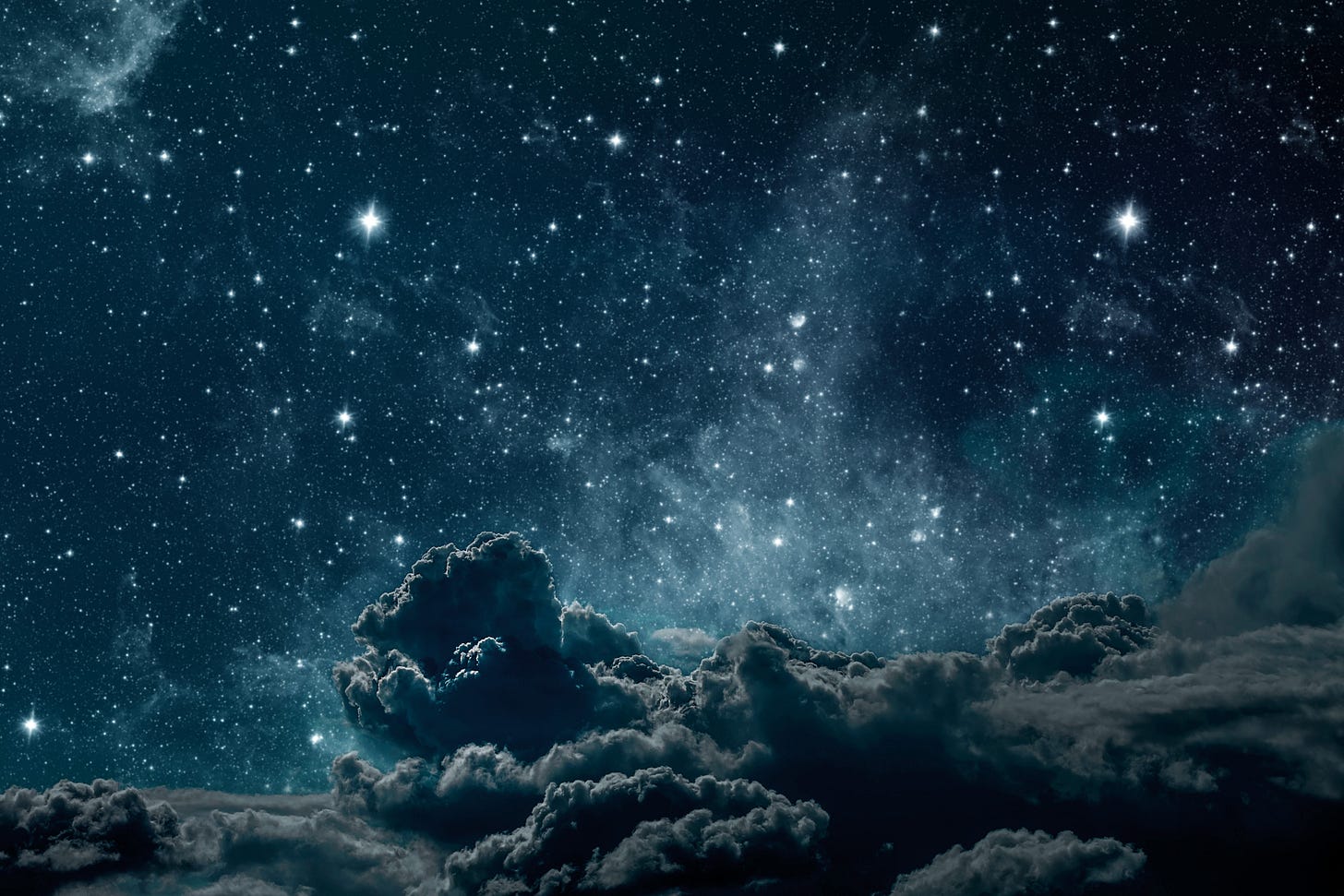I watched the menacing cloud—the most obstinate I’d ever seen. It lingered there year after year—never moving, never dissolving, never allowing a single ray of sunshine pierce its thick black glow.
It was several years since the “mini-nukes” exploded over California’s West Coast. Most of my friends had been at the beach surfing that day. It was the one time I thanked God for having denied me any and all athleticism, or I would have been there too. Poetry was more my thing, especially pastoral poetry.
However, with a seemingly perennial yet strangely mild nuclear winter—more like a “nuclear autumn”—stalking most of California and the western states, there wasn’t much pastoral to speak of. After the bomb, things were never quite the same.
I hadn’t seen the stars in years. Pure untainted sunlight felt like an alien concept. All I knew was the thick black oozing glow streaking the skies. That was my sun.
The US’s failed regime change operation in Russia did not turn out in their favor. After taking back Crimea from Russia, the White House seemed to have become too cocky. Fortune had moved on to new objects of affection.
The poetry I wrote no longer seemed to flow from some inspired source, like the blue meandering streams of Helicon or the precious drops of a Pierian spring—it flowed from that lingering cloud. Whether day or night, its ghoulish radiation was all I saw. It was a seasonless world.
Irradiated vacuum-sealed food was everywhere, but no one was really sure if it actually contained nutrition. Every time I ate it, it felt like I was ingesting a Hungry Man frozen dinner that had been defrosted, cooked, defrosted again, and then canned and marked with a 200 year shelf life.
Rains from the sable cloud were undoubtedly radioactive, but they were pretty, like torrents of green emeralds falling. All of life seemed hostage to that cloud, which looked more like a hole in the sky, as if a rip in time had blighted the heavens.
However, time no longer felt like a relevant concept. As JFK said, in a post nuclear war world, “the living envy the dead.” No longer were there seconds, minutes, hours—it was all increments of suspended animation. One felt like the ghost of Hamlet’s father wandering the plains at Elsinore—trapped between two worlds—waiting for a reckoning that would never come.
All the more reason why I gravitated to poetry, which seemed like a timeless occupation to begin with. Time had ceased, so why not seek the timeless?
I would go for my daily walks through downtown New York where the wraith-like steam kept guard over each manhole and every passerby was stalked by a menacing cloud. Everything was sullen: the trees, the people, the birds. The squirrels were all dejected and retreated inwards. As their frail forms trotted the fallow earth, their faces seemed to belong to another world. I looked up, which I hadn’t done for a very long time. I remembered why: the sky was starved of all its stars.
Keep reading with a 7-day free trial
Subscribe to Age of Muses to keep reading this post and get 7 days of free access to the full post archives.




